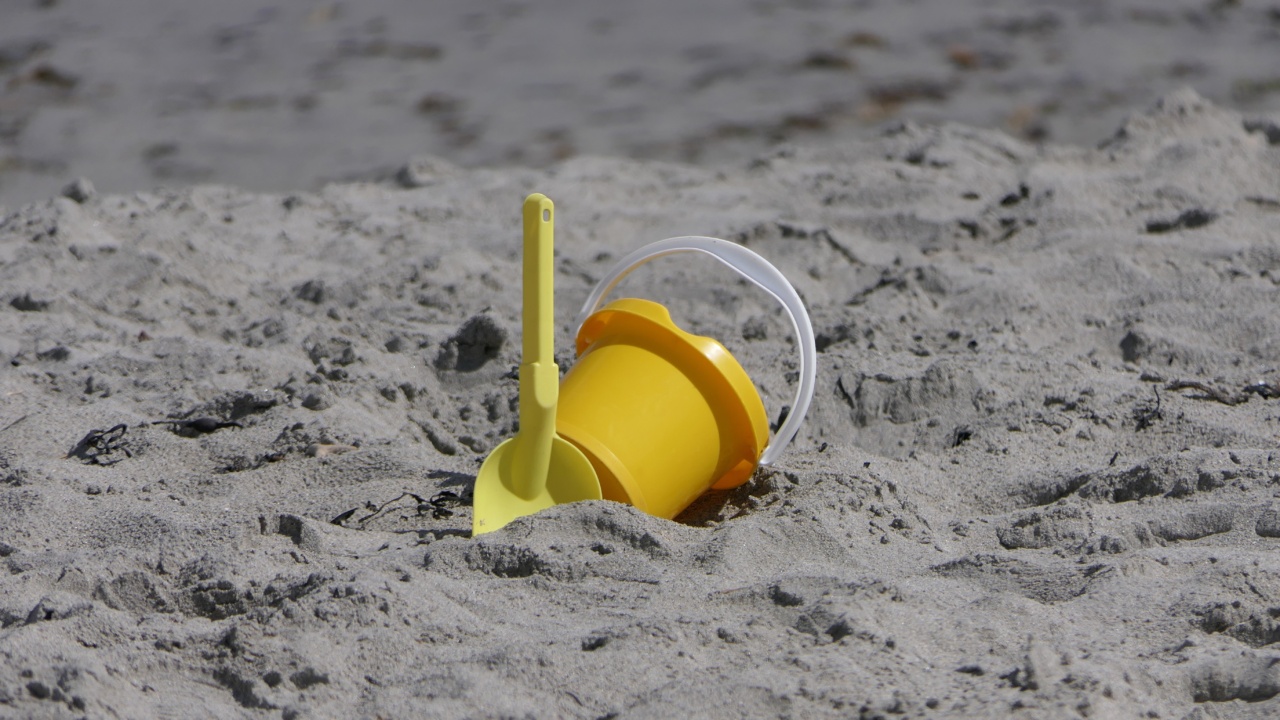Urinary tract infections (UTIs) are a common health issue that affect many people, particularly women. They occur when bacteria enter the urethra and travel up into the bladder and, potentially, even the kidneys.
While antibiotics are the most commonly prescribed treatment for UTIs, dietary changes may also play a role in preventing and managing these infections.
1. Hydration
Drinking plenty of fluids can help flush bacteria out of the urinary tract and prevent the development of UTIs. Aim for at least 8 to 10 cups of water per day, and consider adding in herbal teas or cranberry juice for added benefits.
2. Vitamin C
Vitamin C is known for its immune-boosting benefits, but it may also help prevent UTIs. This nutrient acidifies the urine, making it harder for bacteria to thrive in the urinary tract.
You can get vitamin C from citrus fruits, berries, peppers, and supplements.
3. Probiotics
Probiotics are beneficial bacteria that live in the gut and help support digestion and immune function.
Some probiotic strains, such as Lactobacillus crispatus, have been shown to reduce the incidence of UTIs by preventing harmful bacteria from attaching to the bladder or urethra. You can find probiotics in supplements or fermented foods like yogurt and kefir.
4. Avoid Certain Foods
Some foods can irritate the bladder and worsen UTI symptoms. These include spicy foods, caffeine, alcohol, and acidic foods like tomatoes and citrus fruits. If you have a UTI, it’s best to avoid these foods until your symptoms have resolved.
5. Increase Fiber Intake
A diet high in fiber can help reduce the risk of UTIs. Fiber promotes regular bowel movements, preventing constipation and the buildup of harmful bacteria in the intestines. Good sources of fiber include fruits, vegetables, whole grains, and legumes.
6. Limit Sugar Intake
Sugar can weaken the immune system and increase the risk of UTIs. Avoid sugary foods and drinks like candy, soda, and pastries, and opt for healthier snacks like fruit or nuts instead.
7. Focus on Lean Proteins
Some studies have suggested that a diet high in animal proteins may increase the risk of UTIs. Stick to lean sources of protein like chicken, fish, and plant-based options like tofu and legumes to reduce your risk.
8. Consider Cranberry Supplements
Cranberry supplements have been shown to prevent the attachment of bacteria to the bladder and urethra, reducing the risk of UTIs.
However, it’s important to choose a reputable brand and follow the recommended dosage to avoid any potential side effects.
9. Watch Your Sodium Intake
High sodium intake can lead to dehydration, which can increase the risk of UTIs. Choose low-sodium options for meals and snacks, and aim for no more than 2,300 mg of sodium per day.
10. Take Proactive Steps
If you’re prone to UTIs, there are steps you can take to prevent them before they start.
Urinate frequently, avoid holding in urine for long periods of time, wipe from front to back after using the bathroom, and avoid irritating feminine hygiene products like douches and powders.






























